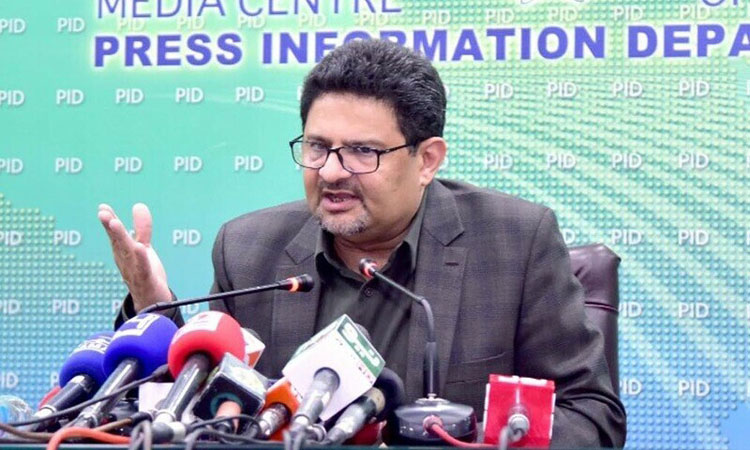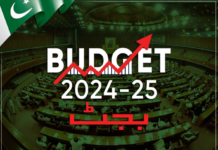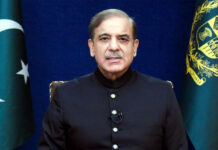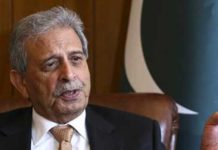
Addressing a press conference in Islamabad later in the day, Ismail said the country’s “trade fundamentals have been corrected” as a result of measures taken by the PML-N-led coalition government. He said the government had taken steps to reduce imports and saw success on this front to a certain extent in June. “Non-energy imports reduced 15pc,” he said, adding that energy imports, however, rose rapidly owing to the significant increase in prices internationally in this sector. “And so, these imports increased 120pc last month.” But, he continued, the government had taken several steps to cut down imports and “we have started to see results.” He said the country had recorded imports worth $2.61bn till July 18, which indicated that imports would not exceed $5.5bn this month. “So, we will manage to bring down imports by around $2bn as compared to the last month,” he added. The minister further said he was expecting imports to decline further next month.
Citing a lack of foreign currency reserves and other resources, he said the government was trying to balance imports against exports and remittances. He said this had been achieved to some extent, which meant that the country’s trade fundamentals had been corrected. “The value of our imports will almost be equal to the collective value of our exports and remittances, which is an ideal situation”. However, he said, the country would still record a meagre current account deficit. “But that is a good thing for a developing country as this indicates foreign investment,” he added.
Foreign inflows Ismail said there were “no problems” in the agreement with the IMF. The government had completed all prior actions and would not do anything to create hurdles in the approval of the staff-level agreement by the lender’s executive board, he stressed. Following the IMF agreement, funding was also available from the World Bank and the Asian Development Bank, he shared.
According to the IMF, $4bn funds would still be needed, for which a friendly country had said it would provide $1.2bn for oil financing, the minister said. He did not name the country but said he expected the deal to be finalized in the next few days. “I will only say friendly country … there are four to five countries … It will give $100m per month on deferred payment for a year.”
He disclosed that another country would invest $1bn in the Pakistan Stock Exchange, while another country had said it would deposit $2bn. The minister said the government was considering measures to generate $2-3bn but declined to share details. The minister said that soon after assuming power, the government initiated measures to reduce imports and achieved success in June when the non-energy import bill went down 15%. However, he added, the energy imports increased due to price-hike in the international market and the import bills surged by 120% last month. He said there were imports of $7.4 billion last month including $ 3.7 billion in energy and $3.7 billion in other imports.
He said the government had taken many measures including improving letter of credit (LC) margins and banning assembled vehicles and mobile phones. It also reduced the speed of local manufacturing of cars, vehicles and fridges. It also made it mandatory for $100,000 LC to get permission from the central bank.
The minister said that the Extended Fund Facility (EFF) agreement with International Monetary Fund (IMF) was on track and there was no issue that could halt it.
He said Pakistan had already met all the prior requirements for the fund, assuring that the loan money would be transferred after formal approval by the IMF board. Miftah said this would open up financing from World Bank and Asian Development Bank and bring bout billions of dollars to the country.
He underlined IMF was of the view $4 billion funding gap still existed which he said would be bridged by many sources as one of a friendly country had offered $1.2 billion oil financing, which would be finalized within a couple of days.
Likewise, another country would invest $1 to $2 billion in Pakistan Stock Exchange (PSX) whereas another country had promised $200 to $300 million in gas on deferred payments.
In addition, he said that another friendly country offered $2 billion deposits and yet another friendly country would provide 2 billion SDRS (more than $2 billion)
The finance minister said that overall, the economy was performing well. The revenue collection was witnessed at Rs751 billion during the month of June 2022, a 30% increase while the government also paid Rs40 billion drawback of local taxes and levy (DLTL) and Rs35 billion to exporters. The large-scale manufacturing was also well on track.














